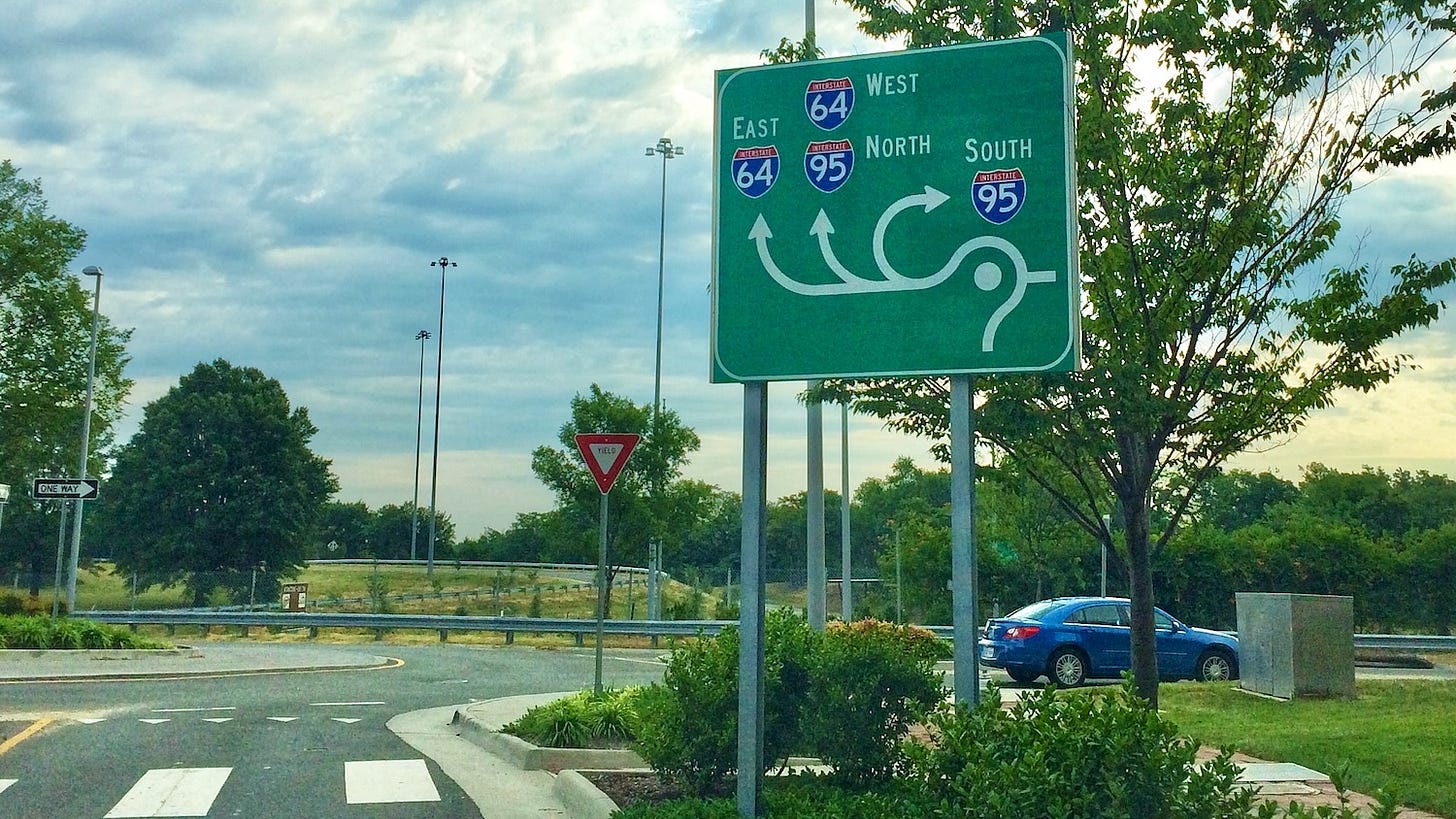° Perfection is achieved, not when there is nothing more to add, but when there is nothing left to take away.
Antoine de Saint-Exupéry | French writer, aviator | 1900 - 1944
I want to tell you my secret now.
I hear fat talk—all the time.1
Fat words. Fat phrases. Fat ego-puffed pastries of paragraphs.
This is an ongoing exploration into the bloat.
First and foremost—needless to say is needless to say.
If you’re going to waste your time and mine by saying something that’s needless to say even though you know it’s needless say, why would you be even more rude and knowingly waste more of our time by preceding your thing that’s needless to say with an announcement that it’s needless to say?
And when you think about it—which we should probably do more often rather than say so much—many times first and foremost is also needless to say. Sometimes it’s not even really foremost and shouldn’t be mentioned first. Or second. Or ever.
Oh and…
Let’s just say it’s safe to say, safe to say is also needless is to say.
It’s funny to me how often in a conversation someone’s long story short becomes a short story long. And by the way, by the way is so often nowhere near the way—nowhere near it.
Without further delay or ado is literally further ado and delay.
And I mean that using the old-school definition of ‘literally’—meaning not figurative—without allegory or metaphor.
Although I understand how my delivery of this thought might make the new-school definition of ‘literally’ literally fitting as well because I’m using the word to emphasize my point and to express my strong feelings about the puffery of using such phrases as ‘without further delay’ and ‘without further ado’.
But, with further delay and thought, but not so much ado given its definition, because my initial statement literally created more delay and is without allegory or metaphor, I literally believe—at the end of the day and really, throughout the entire day—the old-school definition more aptly applies here.
What would you say?
And if you would say it, why not say it?
I would argue preceding your argument by warning me you would argue your argument is arguably unnecessary.
Don’t get me wrong—
I do think saying you would argue your argument can soften the delivery of your argument. But it’s similar to preceding something you want to say by saying I do think or I would say rather than just saying what you think or what you want to say.
And in case you did get me wrong—
I do apologize. I know it’s my responsibility to communicate clearly. Also, I’m sorry I said I do apologize because I know adding the word do rather than just saying I apologize or I’m sorry is me making sure you understand, I’m apologizing which is me doing the right thing, okay? So look somewhere else.
And, yes. I do understand, it’s also my passive attempt to distance myself from the responsibility of the thing I’m apologizing—for.
Whoops. I ended a sentence with a preposition there. It’s my understanding, that’s frowned upon in some circles.
So, anyway, I was like, you know, honestly, uh—none of what I just said needed to be said before saying what I’m saying now.
Actually, in that context, it was needed. But often, it’s not.
In fact, actually, I don’t know, maybe we do need all this filler in our lives for some reason.
Oh and—
Why say utilize when you can use use?
Why purchase something when you can buy it?
Isn’t it more efficient to ask for help rather than assistance?
If something is nothing short of wonderful, isn’t it just … wonderful?
Keep reading » my run for office—a frustrating search for election info that led to surprising leadership and communication lessons.
A little play on this scene from The Sixth Sense (1999). Should start at 1:28.





much ado about nothin'....
When I know I’ll be long winded (on purpose), I start off by saying either to be patient or bear with me as I get it all out. That’s the warning shot to not interrupt - which will inevitably take me longer to get to my point.